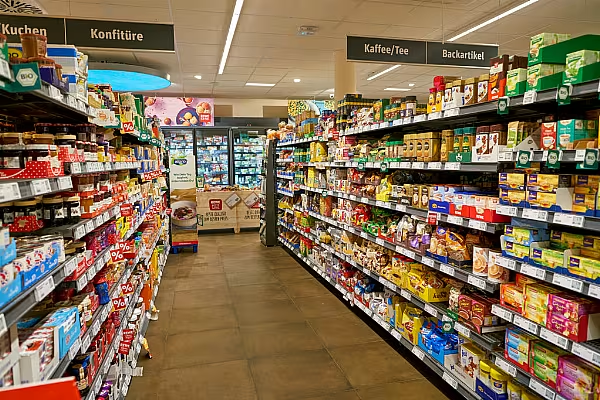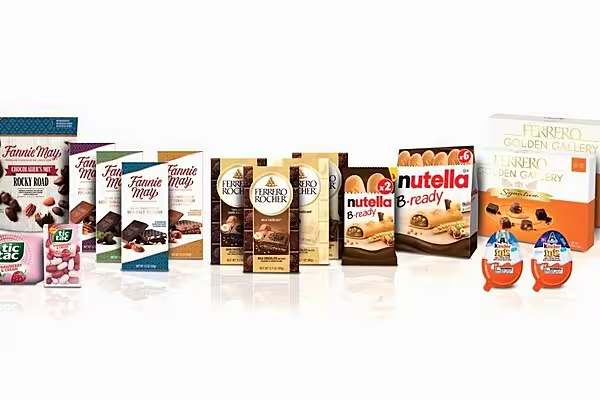BVE, the federation of German food and drinks industries, has said that the economic recovery of the German food industry will be delayed due to challenges posed by the pandemic.
The sector generated sales worth €182.4 billion in 2021, according to initial estimates, a 1.6% decline compared to the previous year.
In addition, sales volumes dropped by 3.8% in the period.
BVE general manager, Christoph Minhoff, explained, “After stagnating in 2020 and the now expected decline in earnings in 2021, the food industry was unable to return to the growth path of the pre-Corona period.
“Although the German economy recovered last year, with GDP growth estimated at 2.6%, the German food industry continues to struggle with subdued private consumer spending, restrictions in the out-of-home market and rising production costs that are difficult to impose on customers.”
Food And Drinks Sector
In addition, the sector also faced challenges due to increases in costs in 2021, the BVE noted.
The HWWI raw materials price index showed a 33% year-on-year increase in the prices of food and beverages.
An increase was seen across all raw material groups, particularly in vegetable oils and fats, sugar and cereals, the BVE added.
The sector also saw additional burdens from sharp increases in energy, transport and packaging material prices.
Read More: German Food Industry Hit Hard During Q2 And Q3 2020, Study Finds
Outlook
The forecast for the industry is ‘mixed’, with a majority of companies expecting stagnating results for 2022, according to a BVE association survey conducted at the turn of the year.
Further cost increases are also on the cards, with nine out of ten companies ranking raw materials and energy prices as the greatest economic risks for companies.
The survey also showed that weakening domestic demand represented an economic risk for every second company.
Minhoff added, ”Stagnating sales figures and further cost increases without corresponding revenues can also threaten the economic recovery of the German food industry over the coming year.”
'Growth Impulses'
He added, that the industry needs "growth impulses" for value creation and added, "For example, through the rapid reduction of bureaucratic and tax burdens or state subsidies for investments in the transformation to more sustainability."
As a production location, it is also important for companies in Germany to secure energy supply, reduce and stabilise energy prices and take effective measures against leakage effects, the BVE added.
The food industry is the fourth-largest industry in Germany, with an annual turnover of €181 billion. It employs more than 610,000 people in around 6,100 businesses, comprising small and medium-sized companies.
The German food industry boasts an export rate of 35%.
© 2022 European Supermarket Magazine. Article by Dayeeta Das. For more Retail news, click here. Click subscribe to sign up to ESM: European Supermarket Magazine.














